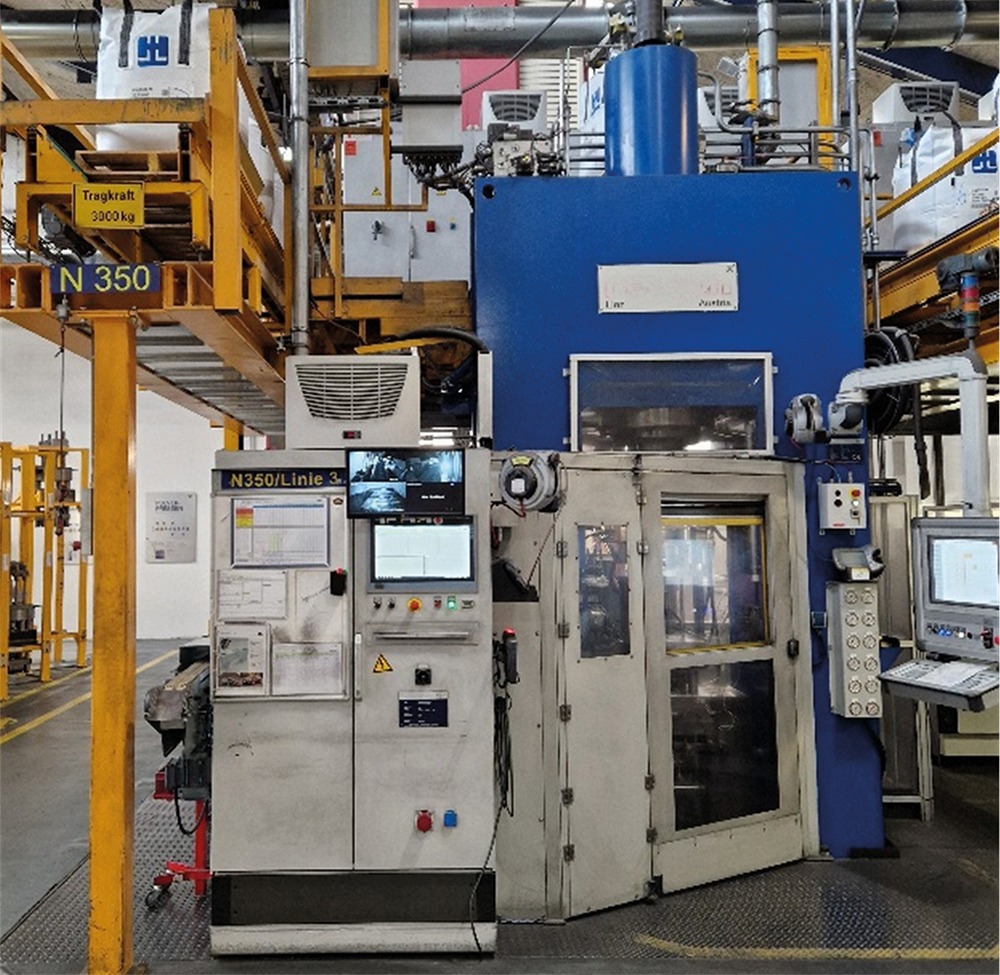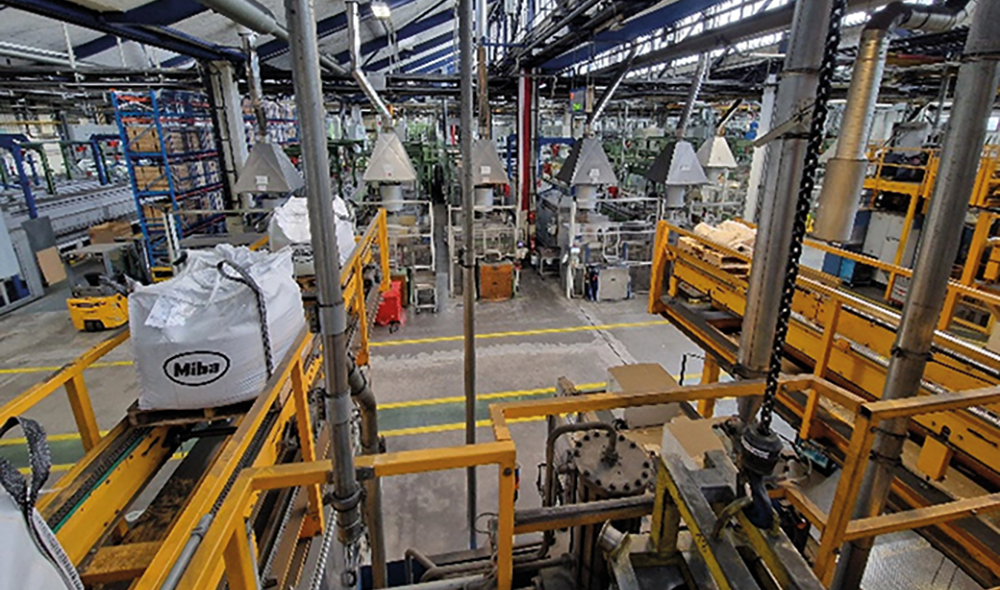Miba develops and produces function-critical components for applications throughout the energy value chain as a whole. Their products make a contribution to the efficient and sustainable production, transmission, storage and use of energy. Miba sintered moulded parts, plain bearings, friction linings, power electronics components, coatings and e-mobility components can be found around the world in vehicles, ships, aircraft, construction and agricultural machinery, wind turbines, power grids and more.
Since 2013, Miba's corporate mission of "Technologies for a cleaner planet" has focused on sustainability, a cleaner planet and helping to create an even more habitable world.
Miba products make a significant contribution to greater efficiency and therefore to reducing CO2 in customers' end applications. They ensure more sustainable production, transmission, storage and use of energy. Miba technologies support customers in reducing CO2 emissions from their own end applications and in turn help them to achieve climate targets.
With its "COzero" strategy, the company has defined a clear goal of climate-neutral manufacturing by 2040. As the first milestone on this path, carbon emissions from its own production facilities – i.e. from the machines and systems used as well as from the energy used – are due to be halved as soon as 2030. Across the company, all locations are continuing to develop specific measures to reduce their carbon footprint and use more green energy. In addition, Miba is investing in expanding its production capacity for green energy worldwide.
Slowly but surely, Miba is approaching its largest goal of climate-neutral manufacturing by 2040. Improvements are constantly being made by looking at all areas of the offices and production facilities, from saving energy, water and waste to the efficient use of compressed air and air conditioning, or optimising and modernising the machine fleet.
The N350 powder press is just one of the countless installations in Miba's large machinery fleet, which is now far more energy- and carbon-efficient than ever before.
Three factors proved key here:
The N350 powder press is in operation at Miba Sinter Austria GmbH in Vorchdorf (Upper Austria). Vorchdorf is where the company produces sintered moulded parts using special process technologies.
The N350 press handles the pressing of metal powder mixtures using tools. The sintering process then takes place at temperatures up to 1,200 °C.

The N350 powder press has been equipped with the latest technology and energy-saving drive technology. Instead of the standard technology, in which the presses are powered by hydraulic drives and asynchronous motors, servo-electric drives and the latest control technology are now used. These measures have reduced the electricity needs of the N350 press by more than 70 % a year.
The N350 powder press requires 2,000 litres of hydraulic oil. It uses a high-performance hydraulic oil that has properties including a high load-bearing capacity and reliable wear protection. Although the oil type stayed the same, improvements were also seen in this area. Furthermore, the same type of oil continued to be used, albeit at a lower viscosity level. That means the low-viscosity version of ISO VG 46, rather than ISO VG 68, is now used, which guarantees continued, trouble-free operation. However, it also reduces friction on moving components and reduces energy losses in the hydraulic system.
OELCHECK all-inclusive analyses support many lubricants used in Miba plants. Miba manages all samples and laboratory reports digitally with the help of Lab.Report, OELCHECK's online customer portal.
Samples are entered quickly and conveniently online, lab reports can be translated into up to 15 languages, sample data can be transferred to different formats, and the status of submitted samples can be queried.
Since 2016, the N350 powder press' hydraulic oil has also been subject to annual examinations by OELCHECK, using the comprehensive all-inclusive analysis kit 4 for stationary hydraulics. In the nine years of checks, all values recorded have been in the green range. This shows that there was no reason to change the oil in full, and instead it only had to be topped up from time to time.

Miba not only saved more than 70% of the energy required to run the N350 powder press annually, but also doubled the oil life cycle and reduced CO2 emissions by 7,600 kg with the help of OELCHECK lubricant analyses.
Miba AG is a family-owned industrial and technology company founded in Upper Austria in 1927. Today, the company employs more than 7,500 staff at 29 locations worldwide. Miba focuses on technologically advanced niche segments along the whole energy value chain. In the 2022/23 financial year, Miba generated turnover of €1,114 billion in a market full of future growth opportunities.
related links
OELCHECKER Spring 2024, page 10
